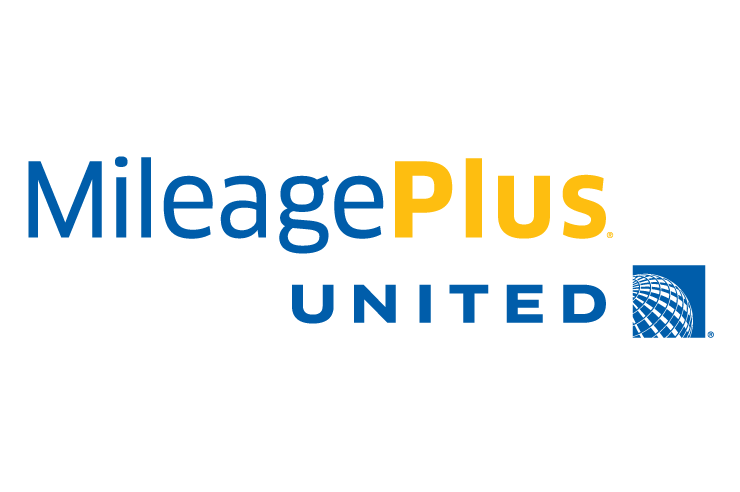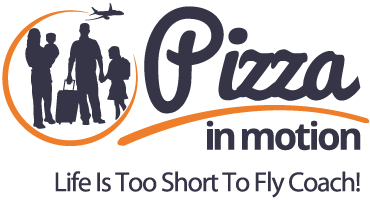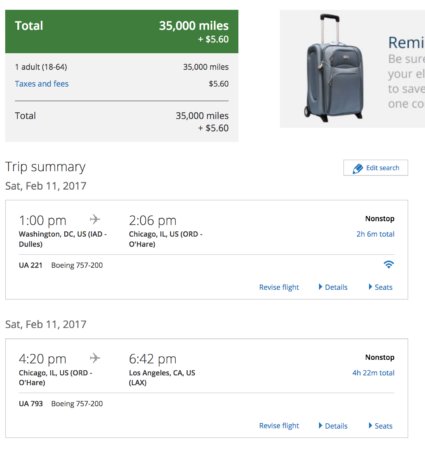United Airlines Doesn’t Think You’re Smart Enough To Understand How Bad Their Changes Are

I’ve been thinking quite a bit about the changes to United Airlines’ award booking engine that went into place earlier this week. For those that aren’t fully aware, I’ll reference a couple of blog posts from others to help frame up the issue, then offer my thoughts after.
When I see a View From the Wing post title that starts with “NOT A GLITCH”, my pulse starts to race a little bit. Of course, the first thing I’m thinking of is a mistake fare. In this case, when United implemented changes to their award booking engine that they had previously announced the results turned out to be worse than expected.
Let’s just say you don’t live in a hub city like Newark or Dulles and need to get to Europe. That award should cost you 60,000 miles round-trip in economy class. Now, let’s say you live in Cincinnati, a city that’s served by multiple United hubs, and you’re trying to get to Paris (little bit of fun synergy with airport codes going from CVG to CDG). If you search on United’s website, they might present you options that connect through Dulles, Chicago or Newark. The first search I pulled up referenced flights through all 3 hubs.
You decide you like Dulles as an option because United is flying a 787 on that route. But, you want a longer connection in Dulles because it takes you a long time to move through the airport. If you were to use the multi-city search tool (a common way to find different routing options), the system now charges you 10,000 miles for the flight from Cincinnati to Dulles, and an additional 30,000 miles to Paris. Congratulations, you just spend 10,000 more miles for the same routing! The system does nothing to tell you that you’re booking a more costly option. It just smiles and takes the extra miles.
Here’s where you need to pay attention.
Maybe you’re saying, “Well, I don’t fly to Europe. I just need to get somewhere simple, like Los Angeles.” Don’t worry, United has you covered. Try to build your own routing with two saver award segments (think Dulles to Chicago, then on to LAX) and you’ll be on the hook for 22,500 or 25,000 miles for a one-way saver award.
Okay, I’ll Just Call An Agent To Help Me
Assuming your booking fees are waived as an elite member, the vast majority of agents are bound by the same restrictions we are. You might get lucky and find a hard-working agent, but you also might win Powerball.
While we’re still learning the ins and outs of the new system, Matthew Klint has an excellent post on how you can use the new system to your advantage. I can’t emphasize strongly enough, you need to think before you book an award right now. Use suggestions like Matthew’s to make sure you’re getting the flights you want without paying more miles. Miles are currency and should be treated just like that $20 bill in your pocket.
So, Whaddayathink, Ed?
Like I said, I’ve been thinking about this for a couple of days now. I think an argument can be made that United has no responsibility to find the lowest priced award to get you from point A to B (or when you add on C and D). But, I think that’s short-sighted.
I recall a conference I was at a couple of years ago where American Express was discussing how they had rolled out an option for members to redeem their Membership Rewards points to pay for a taxi cab in NYC. The reasoning was that they had troves of data showing customers are more engaged after a redemption, any redemption. They want to offer customers more ways to redeem so they can reinforce the loyalty bond.
Similarly, United should consider the value of helping members use their miles wisely. The complicating factor here is the fever to “manage to the quarter” where public companies are very focused on wringing out extra money this quarter, not necessarily creating long-term value. There’s absolutely long-term value in loyal customers, though the precise value can be debated. Requiring customers to pay more for awards doesn’t help build loyalty, but what if you made it harder for customers to tell they actually paid more?
That’s where we stand today.
It’s harder to book an award today at the lowest possible price than it was yesterday. It may actually be impossible if you don’t get the rare agent on the phone who’s willing to jump through hoops to ticket something according to the old rules. And yet, the only way a customer would know they’re paying more miles is if they referred to the award chart and compared it to their booking. I suspect a very small number of customers actually do that. I further suspect that was part of United’s assumptions when they rolled out these changes.
United can absolutely pass a red-faced test that they offer awards at the saver pricing to Paris (and hundreds of other cities). But, it’s not a genuine comment.
If United didn’t plan it this way (or wants to use that as cover for a rollback on their decision), the best thing they could do today is give agents the ability to ticket awards that fit the routing rules, even if the new system doesn’t really like them. That won’t help everyone since some folks will need to pay to speak to an agent. But, it’s a start.
I’m very skeptical this will happen.
The post United Airlines Doesn’t Think You’re Smart Enough To Understand How Bad Their Changes Are was published first on Pizza in Motion



It’s reasonable to claim that airlines have limited responsibility to FIND the lowest-priced award itinerary (although at least a good-faith attempt should be made). But they need to do a credible job of pricing to the rules.
Matt,
I agree. If an itinerary falls into the routing rules for a 60K award, it shouldn’t matter whether I pressed the “round trip” or “multi-city” button on the website.
I had a 3-leg business award ticket SFO-NRT / NRT-DEL / DEL-SFO, ticketed at 160k miles before the change. I then found out I need to be in Tokyo a couple of days earlier. I tried to change the date online (date only, not routing) and could not. Got an error message. So I called and asked for help. After 45 minutes with the agent and her talking to two supervisors, I was told that if i change the date, the “reissued” ticket would come under the new rules, meaning an extra 60,000 miles. Craziness. Previously if I had an award ticketed prior to award rules changing, any modification of the itinerary was covered under the original rules. Apparently, no more.
mark8ing, that’s horrible. Just horrible. Never occurred to me that they would make these changes retroactive for simple change like yours.